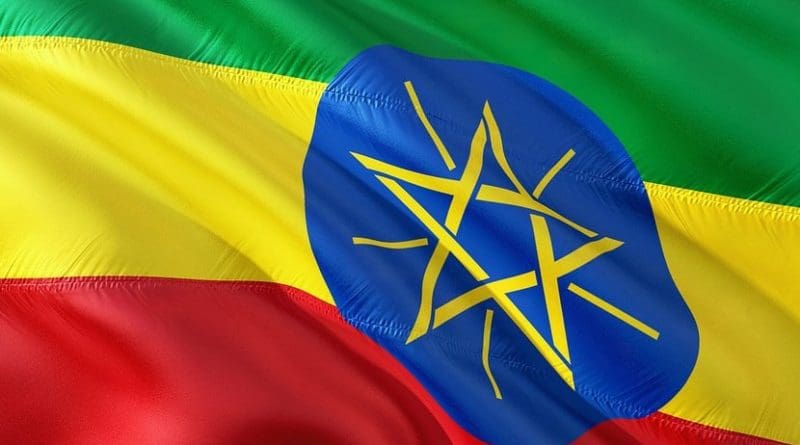Ethiopia’s Fragile Union Threatened As Sidama People Vote For Self-Government – Analysis
By IDN
By Lisa Vives
Some of the 80 ethnic groups that form the nation of Ethiopia are demanding great autonomy and are voting with their feet for self-government. The Sidama people voted overwhelmingly in November to become self-governing, casting 98.5 percent of the votes backing the change.
The Sidama – who number about 3 million – represent close to four percent of Ethiopia’s 105 million population. By creating their own federal region, the Sidama hope to regain control of land resources, political representation as well as to reaffirm their cultural identity.
The vote was enabled by sweeping reforms enacted under Prime Minister Abiy Ahmed’s political reform agenda. Since his election last year, he has pledged to forge a more open society.
The Sidama result may encourage the more than a dozen other ethnic groups that are considering similar votes.
Sidama’s new homeland will be carved out of the Southern Nations, Nationalities, and Peoples (SNNPR) Region, home to over 40 ethnic groups, bordering Kenya and South Sudan. Hawassa, 170 miles south of Addis Ababa, will be the new regional capital.
The new state will split off from that region and will take over tax-raising powers and control over schools, police, health and other services.
In an interview with Reuters, a senior police official in Hawassa said celebrations were initially banned but that festivities would be organized since the final result has been announced.
Shortly after the results were announced, a group of young people gathered in Hawassa’s central square to sing and dance. They were quickly dispersed by police with whistles, and heavy rain by nightfall kept many people indoors.
“I have friends who died, were imprisoned and exiled for this cause,” Unani Fikro, 24, a member of a Sidama activist group, told a journalist after the results were announced. “For me it’s the day of resurrection,” she said, tears rolling down her cheeks.
Prime Minister Ahmed called the move an “expression of the democratization path Ethiopia has set out on.”
Voting was observed by Ethiopia’s Human Rights Commissioner Daniel Bekele who visited more than 100 polling stations in five cities and 15 rural towns across the Sidama zone. He called the referendum peaceful with no major irregularities reported.

